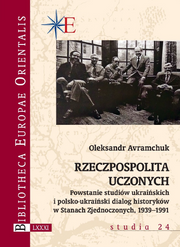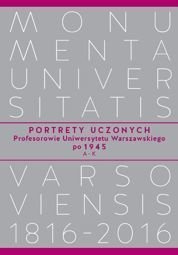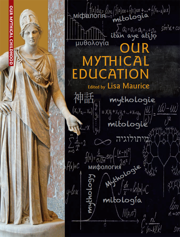Information about a product
| Edition: | 1 |
| Place and year of publication: | Warszawa 2024 |
| Publication language: | polski |
| ISBN/ISSN: | 978-83-67208-25-3 |
| EAN: | 9788367208253 |
| Number of page: | 556 |
| Binding: | Twarda |
| Format: | 17x23,5 cm [eng] |
| Weight: | 1200 g |
| Method of publication: | Druk |
| Publication type: | Praca naukowa |
| Producent: | Uniwersytet Warszawski, ul. Krakowskie Przedmieście 26/28, 00-927 Warszawa, tel. 22 55 21 888, email: wydawnictwa.studium@uw.edu.pl |
This publication offers an in-depth exploration of the academic dialogue between Polish and Ukrainian intellectuals in exile, conducted in the United States between 1939 and 1991. During this period, shaped by Cold War tensions and the Soviet Union’s dominant influence, the West – particularly the U.S. – viewed Ukraine solely as part of the Russian Empire. This perception marginalized Ukraine’s history and national identity. The author highlights the efforts of Polish and Ukrainian scholars in exile to challenge this simplistic, Russia-centric viewpoint and advocate for Ukraine’s recognition as a distinct subject in studies of East-Central Europe.
At the heart of the book is the concept of the “Republic of Scholars” – an intellectual community that, despite national and political differences, united Poles and Ukrainians in their pursuit of dialogue and academic collaboration. This reference to the old Polish-Lithuanian Commonwealth symbolizes the shared heritage and solidarity that these scholars sought to harness in order to overcome political divisions and historical conflicts. The publication also sheds light on early attempts to “decolonize” the historical narrative of the region – an effort that has gained increasing relevance following Russia’s war against Ukraine in 2022. It offers a critical voice in the ongoing debate over shifting the Western perception of Ukraine, emphasizing the need to break away from the country’s long-standing marginalization in scholarly research.
At the heart of the book is the concept of the “Republic of Scholars” – an intellectual community that, despite national and political differences, united Poles and Ukrainians in their pursuit of dialogue and academic collaboration. This reference to the old Polish-Lithuanian Commonwealth symbolizes the shared heritage and solidarity that these scholars sought to harness in order to overcome political divisions and historical conflicts. The publication also sheds light on early attempts to “decolonize” the historical narrative of the region – an effort that has gained increasing relevance following Russia’s war against Ukraine in 2022. It offers a critical voice in the ongoing debate over shifting the Western perception of Ukraine, emphasizing the need to break away from the country’s long-standing marginalization in scholarly research.
Zobacz również
Polecane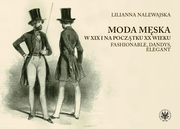
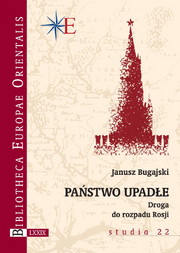

Moda męska w XIX i na początku XX wieku. Fashionable, dandys, elegant
- This companion book to the exhibition “Fashionable, Dandy, Man of Fashion: Men’s Fashion of the 19th and the Beginning of the 20th Century From the Collection of the University of Warsaw Library”, written by Lilianna Nalewajska, with an introduction
47,20 zł
Details

Państwo upadłe. Droga do rozpadu Rosji63,00 zł
56,70 zł
Details
- Próby przekształcenia Federacji Rosyjskiej w państwo narodowe, obywatelskie lub stabilne państwo imperialne nie powiodły się. Obecna struktura opiera się na kruchych fundamentach historycznych, nie posiada jednolitej tożsamości narodowej


